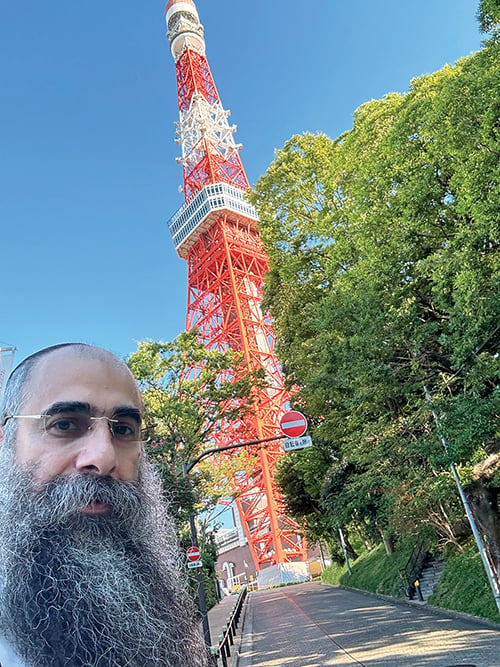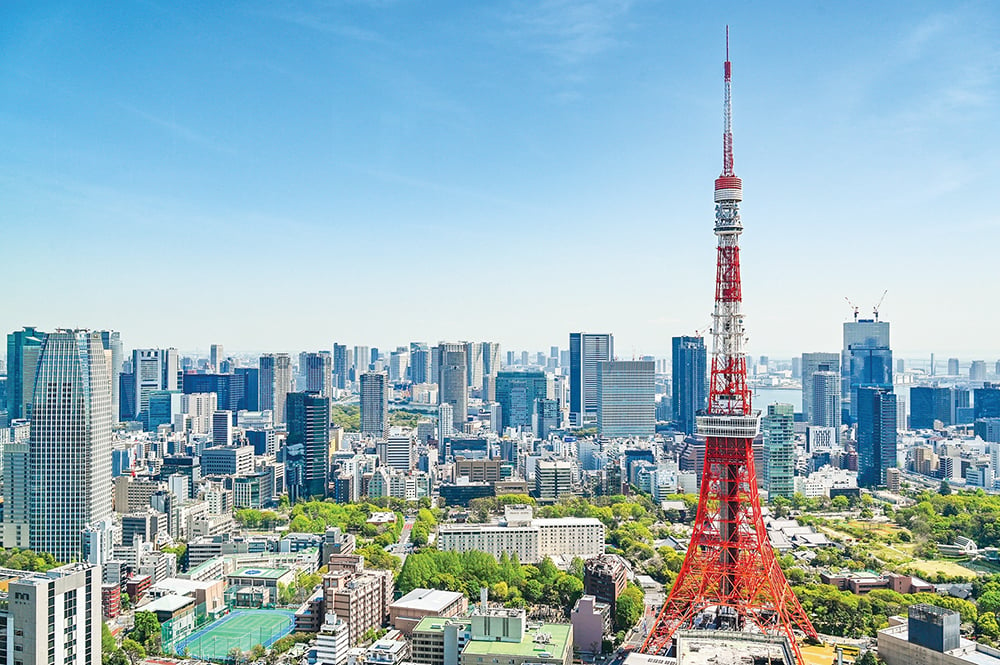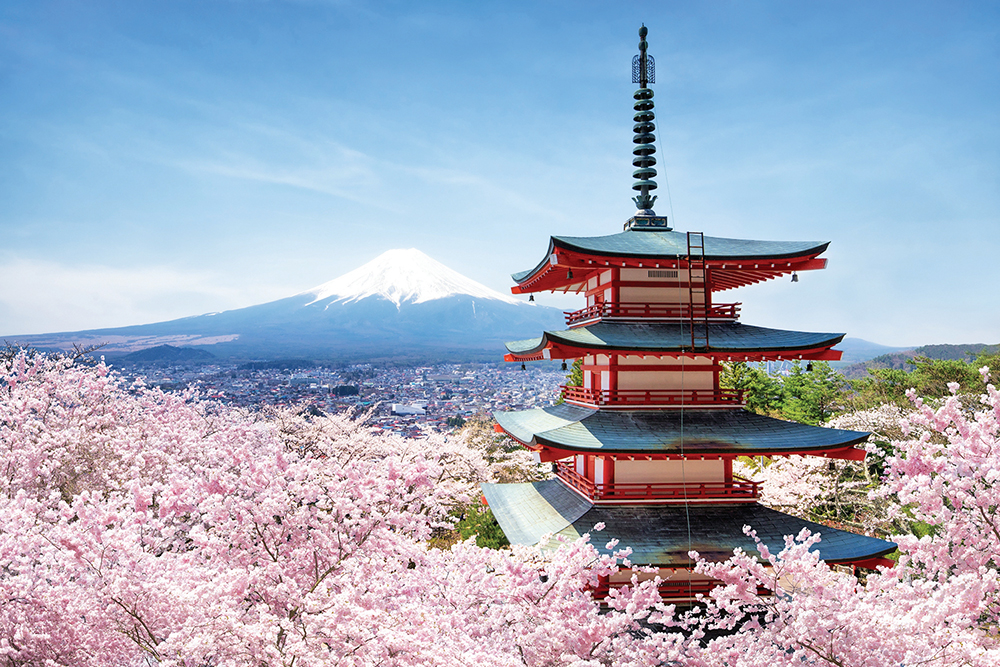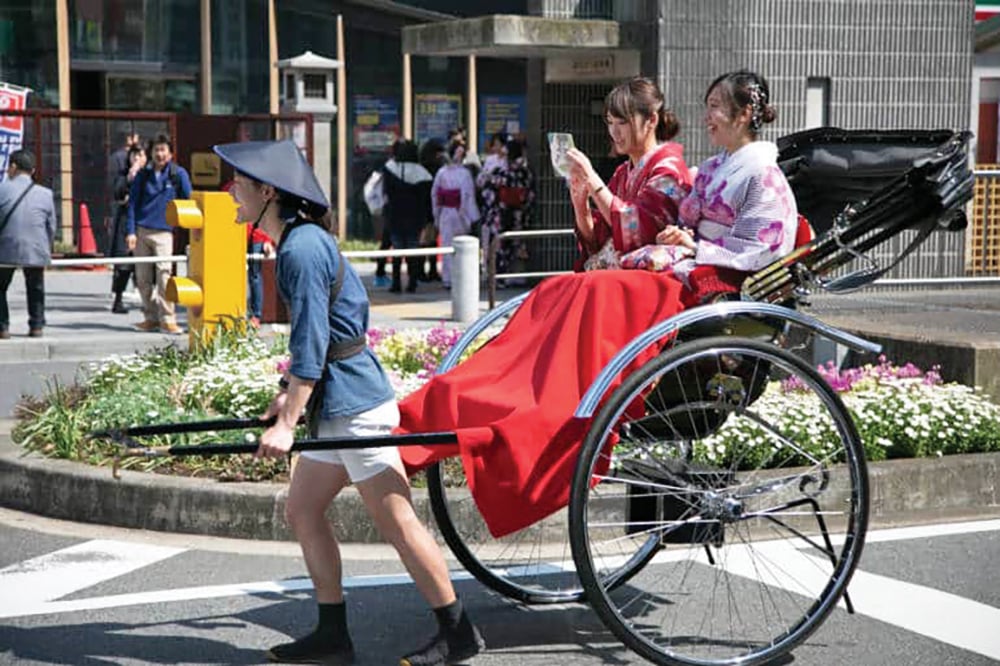
Part I
Japan isn’t typically associated with Jewish history and culture, but some intriguing connections are worth discovering. Luxury Jewish heritage tours in Japan, crafted by experts like Gil Travel, provide a unique opportunity to uncover the country’s beauty, cultural richness and surprising links to Jewish history, while ensuring kosher needs and halachic considerations are taken into account.
Over the past decade, Japan has increasingly welcomed Western tourists. While foreign visitors have long been accepted, recent advancements in Japan’s tourism industry have made the country more organized and accessible. Situated on four main islands off the northeastern coast of Asia, Japan is a relatively easy journey, about 12 hours by air from the U.S. or Europe. Once considered a distant destination, Japan’s doors are now wide open to global travelers interested in both its modern attractions and its ancient heritage.
Passover is an especially beautiful time to visit Japan, as the holiday often coincides with the breathtaking Sakura, or Cherry Blossom season—an iconic period that draws people from around the world to witness Japan in bloom. The entire country seems to come alive with vibrant color and energy. A major challenge that has prevented Jewish families from enjoying this magical experience—until recently—is obviously the challenge of obtaining kosher food, complicated exponentially on Pesach. Traveling with a trusted organization with experience and relationships in the kosher food industry in Japan is now possible and enables Jewish travelers to participate in this once impossible adventure.

Historically, Japan served as a logistical base for the Vietnam War, and many of the first American visitors were servicemen stationed on the country’s military bases. For civilians, Japan was a draw primarily for its rich culture and martial arts traditions. But thanks to significant investments to host the 2020 Summer Olympics, Japan has become even more tourist-friendly, with English signage now commonplace in cities and a heightened focus on accessibility and service.
A major draw is that Japan is a high-trust society with low crime rates, which has helped establish it as a prime destination. For Jewish travelers, this is coupled with the benefit of experiencing essentially no antisemitism.
While the country remains largely cash-based, you’ll find ATMs accepting U.S. credit cards in most locations, and hotels and businesses have grown accustomed to international visitors’ needs. Japan offers an immersive experience in an entirely unique culture, complemented by highly developed Western infrastructure and helpful English speakers—a balance that allows travelers to embrace both adventure and comfort.

Upon arrival, one of the first things visitors notice is Japan’s cleanliness. Towns and cities are well-kept, orderly, and designed to reflect the importance of aesthetics and pride in appearance. Although Japan, like any country, faces its own social pressures, tourists seldom encounter them. Japan’s high standard of public order is a refreshing change, especially for visitors from bustling, less orderly urban centers.
A major highlight of Japanese culture is the exceptional service standards. For instance, cab drivers often wear white gloves and exit their vehicles to open the passenger doors. In stores, even basic purchases are wrapped with special attention to detail. Such gestures reflect an ingrained cultural emphasis on etiquette, courtesy and personal presentation. Tourists experience service, respect and courtesy that may feel old-fashioned in the best sense of the term, bringing a sense of luxury to everyday encounters. For those traveling with Gil Travel, luxury itineraries benefit from an even higher level of attention to detail, efficiency and thoughtful touches to make the journey as seamless and enjoyable as possible.
Japan’s efficient infrastructure and iconic sites are perfect for luxurious exploration, especially during Pesach, when Cherry Blossom season adds another layer of beauty. This year, with a solid four days of Chol Hamoed, is the perfect opportunity to take advantage of the rare convergence and maximize the experience. Next week, we’ll take a look at must-see locations, Jewish heritage sites, and how to experience Japan’s extraordinary rail system—a highlight for anyone touring the country.














